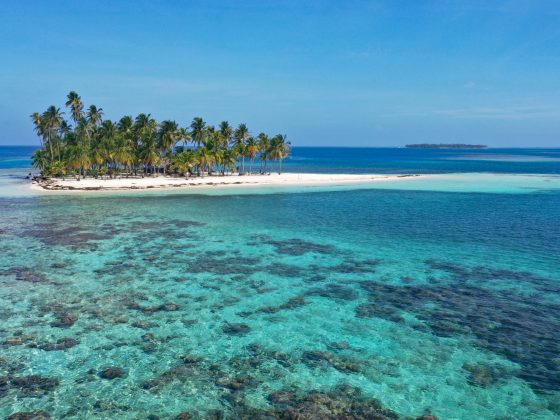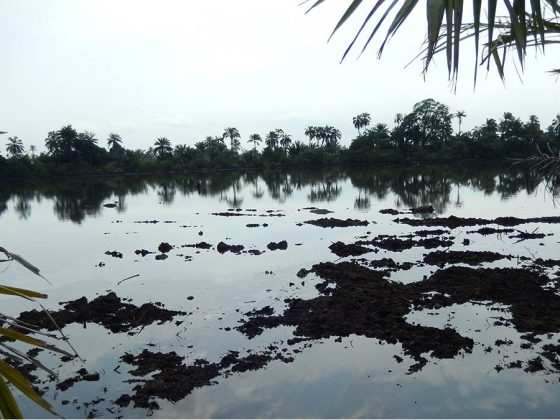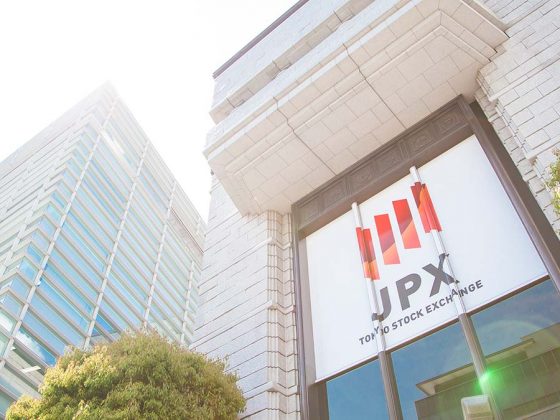If there is anything that Sunday’s electoral results showed us, it is that Brazil’s political landscape in 2018 is as polarizing, unprecedented, and unpredictable as ever.
Brazil’s 2018 Election
Right-wing candidate Jair Bolsonaro from the Social Liberal Party (PSL) and Fernando Haddad of the leftist Worker’s Party (PT) are now set to face each other in the runoff election on 28 October. Bolsonaro led a crowded field of 13 presidential contenders with 46% of the total vote, falling just short of the 50% needed for an outright victory. He was followed by Haddad – from the opposite end of the political spectrum – with 29%.
Regardless of who wins the runoff on 28 October, the president-elect will face the formidable task of building an alliance cohesive enough to advance his agenda. The newly elected Congress has shifted slightly further to the right. Bolsonaro’s PSL went from just 8 seats in Brazil’s lower house to becoming the second largest party with 52 of the 513 total seats. Despite this outcome, Brazil’s legislative branch is largely expected to adhere to its traditional makeup: highly fragmented with a centrist-leaning majority.
Anger abounds in Brazil these days due to high unemployment, sluggish economic growth, and widespread corruption scandals. This frustration, in turn, has fueled anti-establishment sentiment, putting seasoned politicians and market favorites at a disadvantage. Moreover, the results on Sunday portend little hope of unity, but rather an elevation of political risks that could spell trouble for investors in the near term.
The Finalists
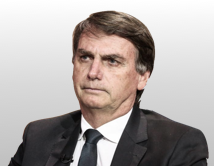
Jair Bolsonaro
Background and reform positions
Despite being cast as an outsider, Jair Bolsonaro has been a member of Brazil’s lower house, the Chamber of Deputies, since 1991. A former military captain, Bolsonaro has openly expressed sympathy for Brazil’s military dictatorship (1964–85) as well as hostility for socially liberal and human rights policies. As a congressman, he did little to conceal his nationalist and state-driven views. His support for pro-market policies – highlighted by his selection of Paulo Guedes, a free market economist and investment banker – is a recent development. In one of the stranger events of the presidential campaign, on 6 September, Bolsonaro was hospitalized after being stabbed at a campaign rally by a left-wing activist. He left the hospital with a 4% bump in the polls.
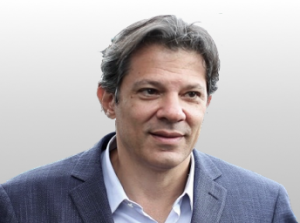
Fernando Haddad
Background and reform positions
Brazil’s former minister of education, Fernando Haddad, was most recently the mayor of São Paulo until 2017. He only declared his candidacy in September after fellow PT member and former President Luiz Inácio Lula da Silva was barred from running by Brazil’s top electoral court due to a corruption conviction. An Haddad presidency would see a reversal of some of the pro-market reforms that were passed during President Michel Temer’s current administration. Nevertheless, Haddad is expected to move more towards the center if he is to make any legislative gains.
Why This Election Matters
Brazil suffered the deepest recession of its history from 2015 to 2016 and has been slow to recover ever since. The economic policies of former PT President Dilma Rousseff failed to stimulate growth and compensate for a fading era of high commodity prices and foreign investment. As a result, public debt as a share of GDP jumped 20% over the course of Rousseff’s term. This increase has put Brazil at over 80%, more than enough to invite the kind of emerging market volatility that has roiled countries like Argentina and Turkey this year. At its lowest point in September, Brazil’s currency, the real, had shed nearly 26% of its value year-on-year.
To make matters worse, the ongoing investigations of Operation Car Wash – Latin America’s largest corruption probe – took the focus away from the pressing need for economic reforms. As global financial conditions continue to tighten, investors are keeping an eye on Brazil to assess the country’s capacity – and conviction – to improve its situation.
What is Operation Car Wash?
Known locally as Operação Lava Jato, Operation Car Wash is an ongoing investigation since 2014 into a transnational bribery and money laundering scheme involving an estimated USD 9.5 billion. The scandal is centered around Brazilian state-owned oil company Petrobras, which awarded padded building contracts to Brazilian engineering conglomerate Odebrecht, among other firms. The overcharged funds were siphoned off into a joint slush fund, laundered, and then used to bribe politicians and finance their campaigns. The scandal led to the conviction of over 200 business elites and politicians, including former President Lula da Silva.
Brazil’s Reform Outlook
The hard fiscal realities that Brazil faces will most likely drive a modest reform agenda. Both Bolsonaro and Haddad are expected to occupy the center if they are to improve their chances of passing laws through Congress. Despite this, there are clear differences between them that have been highlighted on the campaign trail.
Pension Reform
Pension payments make up 55% of non-interest public spending, and investors view reform as critical to a balanced budget. President Temer’s proposal, which would have increased the minimum retirement age and altered how pensions were funded, eventually flopped in Congress. Bolsonaro has criticized the proposal and stated that his plan would be more gradual, but mainly supports its current form. Haddad has remained ambivalent on which provisions of Temer’s plan he would support, affirming that some are useful but will have to be discussed at the negotiating table.
Oil & Gas
Under the Temer administration, an influx of foreign investment flowed into exploring Brazil’s oil-rich pre-salt reserves following a reform that granted foreign companies more autonomy to operate. Temer had also allowed oil prices to float with international prices – a policy that prompted a nationwide truckers’ strike that brought Brazil’s economy to a halt for ten days.
Once an advocate of state interventionism in Brazil’s energy market, Bolsonaro now calls for deregulation and divesting from state-owned oil giant Petrobras – often alluding to privatization as a last resort. He supports keeping fuel prices tied to the international market and adjusting taxes to protect consumers. Haddad, however, has supported returning to the state-controlled price mechanism of the Lula administration to protect consumers. He has also vowed to reverse some of Temer’s reforms that had crippled Petrobras’ dominance in the energy sector.
Trade and Investment
Although Haddad supports new international trade agreements, he is likely to protect state-owned and domestic industries from undue competition. Bolsonaro’s support for privatization and free trade, on the other hand, has made investors optimistic, but many remain wary of a similar tone to that of US President Donald Trump. Bolsonaro has expressed a distrust in multilateralism – advocating instead for bilateral agreements – and adopting a tougher stance on Chinese investment. Bolsonaro seeks closer trade relations with the US, having suggested that China is “buying up” Brazil. Brazil’s domestic industrialists, who remain politically powerful, may try to play into Bolsonaro’s past nationalist instincts.
Monetary Policy
Haddad has promised to boost consumption by keeping interest rates low. He has stated that a reform of the banking sector will be a priority, and plans to use the central bank to regulate interest rates and levy an additional tax to banks that charge higher rates. Markets, however, have clearly shown that Bolsonaro is their preferred candidate, owing to his support of a more autonomous central bank and approval of Brazil’s current central bank governor Ilan Goldfajn. Goldfajn presided over Brazil’s monetary authority during its recession and administered a policy of floating exchange rates, lowering inflation, and fiscal responsibility.
Security
Reaching a record 63,880 homicides last year, Brazil is currently in the midst of a security crisis. Increasing crime rates have helped propel Bolsonaro to the runoff, as he campaigned as a law-and-order candidate. Bolsonaro has vowed to loosen gun restriction laws, channel more resources to security forces, and provide additional judicial protections to police to combat crime. Haddad also supports reinforcing security measures but has proposed taking a more lenient approach to prison terms and ending the war on drugs.
The Future of the Rule of Law
Investors in Brazil have long complained of rampant corruption, fraud and bribery as some of the biggest roadblocks to growth. The scale of Operation Car Wash has galvanized public outrage by exposing how far-reaching these problems are. However, both candidates may find it politically difficult to continue a full, unfettered investigation by Brazil’s independent judiciary.
Haddad himself has been charged for accepting bribes as São Paulo’s mayor from construction company UTC in exchange for public works contracts. Many within the PT believe that some convictions against members of their party – including the one that put Lula behind bars – are politically motivated and illegitimate.
Bolsonaro himself has not been implicated in any corruption probes – one of his biggest strengths as a candidate. However, as president, Bolsonaro will have to rely on key congressional allies to support his agenda. Among them will likely be an agglomeration of other power-broking parties known as the Centrão, whose members have been embroiled in kickback schemes, and will expect favors from the president in exchange for their support.
The Car Wash investigations have often resembled a cat-and-mouse game between Brazil’s judicial institutions and political elites. Lawmakers from both PT and the Centrão have made attempts to strip or insert provisions in legislation that undermine the courts, while judges aim to streamline legislators’ prosecutions. Both motions have no doubt heightened tensions between them. Yet, public support will continue weigh heavily on the side of the judiciary.
Recent reforms have granted the judiciary greater autonomy and strengthened its effectiveness to prosecute Brazil’s business and political elite – once thought of as untouchable. This in turn has garnered widespread support among Brazilians, who feel as though many holding public office have failed them. Sérgio Moro, the federal judge leading the Car Wash investigations, consistently ranks higher in approval ratings than any politician in leadership.
Against this backdrop, investors stand to benefit from a growing watchdog movement to combat corruption and enhance transparency. Any attempt to curtail the judiciary’s power would face considerable resistance from Brazilians themselves, who have become increasingly more vigilant in holding their government accountable.
With the presidential election nearing its end game, Brazilians are poised to decide how the next chapter of politics will be written. Regardless of the outcome, the new president will take over a divided nation rife with populism and outrage. How he navigates this national mood will ultimately decide his ability to introduce an era of sweeping reforms. New political and integrity risks will emerge from this uncharted territory.


